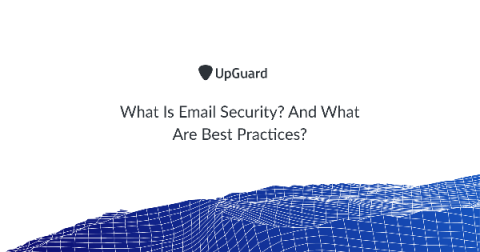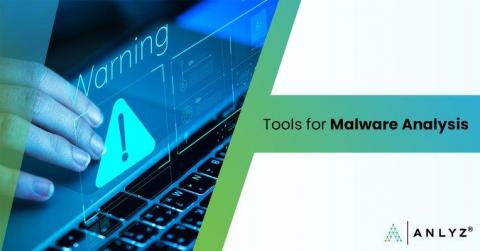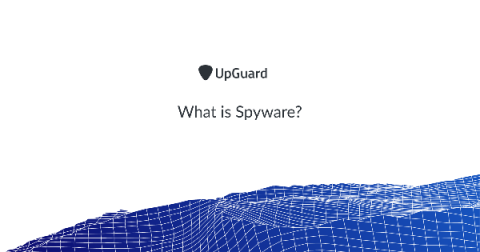What Is Email Security? And What Are Best Practices?
Email security refers to various cybersecurity measures to secure the access and content of an email account or service. Proper email security can protect sensitive information in email communications, prevent phishing attacks, spear phishing and email spoofing and protect against unauthorized access, loss or compromise of one or more email addresses.







